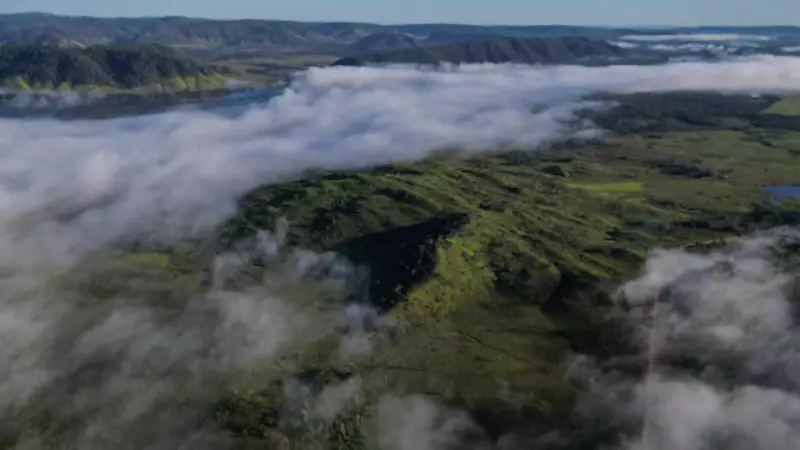
In a disturbing development for global climate efforts, sophisticated artificial intelligence tools are being deployed to spread coordinated disinformation campaigns targeting environmental policies and climate science. With COP30 climate talks scheduled for 2024 in Brazil, researchers are sounding alarms about increasingly sophisticated digital manipulation tactics.
The Digital Battlefield of Climate Information
According to recent findings from the Climate Action Against Disinformation coalition, AI-generated content is being used to create convincing but entirely false narratives about climate change. These include:
- Fabricated images and videos showing climate scientists in compromising situations
- AI-generated text articles promoting climate denial theories
- Synthetic audio recordings impersonating environmental leaders
- Automated social media accounts spreading coordinated misinformation
Sophisticated Tactics, Dangerous Consequences
The disinformation campaigns employ several alarming strategies that make them particularly effective and difficult to counter:
- Hyper-personalized content targeting specific demographic groups with tailored messaging
- Multi-platform coordination across social media, websites, and messaging apps
- Language model manipulation creating seemingly credible scientific arguments
- Deepfake technology producing realistic but fabricated evidence
Global Response and Countermeasures
Environmental organizations and tech companies are racing to develop defenses against this new wave of digital threats. Key initiatives include:
"We're seeing an arms race between AI-powered disinformation and detection technologies," explains Dr. Anya Sharma, digital ethics researcher at the University of Delhi. "The scale and sophistication of these campaigns could undermine public trust in climate science at a critical moment."
Major social media platforms have begun implementing AI-content labeling requirements, while environmental groups are training their staff to identify and counter synthetic media. The United Nations Framework Convention on Climate Change (UNFCCC) is establishing new verification protocols for digital content related to climate negotiations.
The Road to COP30
As Brazil prepares to host the crucial COP30 summit in Belém, security experts warn that disinformation campaigns are likely to intensify. The patterns observed mirror tactics used during previous major international negotiations, but with significantly enhanced technological capabilities.
The concern extends beyond mere misinformation – these campaigns aim to create polarization, delay policy action, and erode public support for climate measures that scientists say are essential for meeting Paris Agreement targets.
Digital literacy and media verification skills are becoming increasingly important for journalists, policymakers, and citizens engaged in climate issues. The battle for truth in the digital age has become as crucial as the fight against climate change itself.






